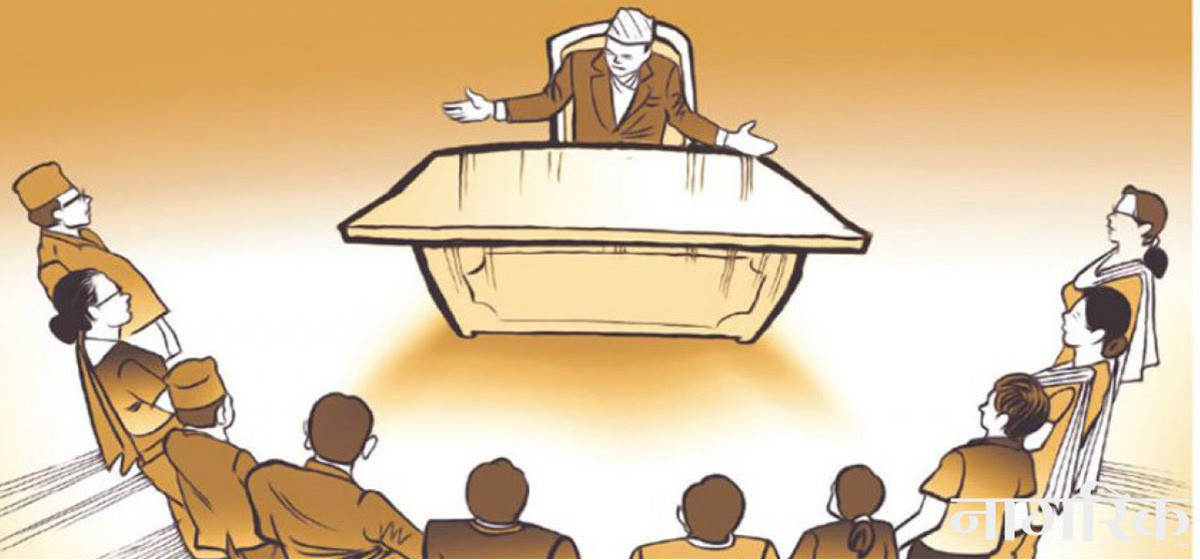The State Affairs and Good Governance Committee of the House of Representatives took an important leap forward in the direction of Nepal's civil service reforms the other day by clearing a new Federal Civil Service Act. The new bill raises the retirement age for civil servants to 60 years from the current 58 years, and will come into effect once it is passed by the Federal Parliament. The proposed change in the retirement age will be implemented in two phases, increasing the age by one year at a time. Extending the retirement age allows the government to retain skilled and experienced officials who are familiar with institutional procedures and long-term planning. It also helps in preserving leadership continuity in senior positions. In Nepal, the 58-year age limit has forced many top-ranking officials to retire before completing a full term, causing disruption in leadership and policy execution.
If we compare Nepal's move to raise the retirement age to that of the major countries it interacts with most, we can find that Nepal's decision appears to be in line with India and China to the left and right; Japan, the United Kingdom; the European Union; Canada; and the United States. While India's standard retirement age for its civil servants is 60 years, there are some exceptions with certain specific areas going up to 65 years. In Japan, the minimum mandatory retirement age was 60 in 2010, but has been raised to 65 from April 2025. Japan, with one of the highest average life expectancies in the world – 85 years – is looking at raising it gradually to 70 years. China intends to raise the bar from 60 years at present to 63 years by the year 2040. While the UK's official cap is 66 years, the European Union generally applies the rule of 65, but is considering raising it to 67. In the US, it is set at 67 years, and in Canada, it is 65 years. These countries have raised the retirement bar due to aging populations, declining birth rates, and the rising fiscal burden of public pension systems.
Bill bars local units from recruiting civil servants

While the new Bill proposes some important changes in the area of civil service reforms, some provisions call for a closer, critical look. For example, the proposed cooling period of two years before retired officials can take up new appointments. On the surface, the two-year caveat looks better than the originally proposed one-year buffer, but is still insufficient. The Bill will soon be coming up for parliamentary debate. The Members of Parliament are expected to take a more critical view. They should muster the courage to put a blanket ban on reappointing retired officials. What is the point of re-hiring the elderly and retired personnel who have already served anywhere between 20 and 30 years in service? The country would do better by opening up more space for the new and upcoming youth, instead – as is the practice in countries like the UK and the US, where post-retirement appointments are heavily regulated to avoid conflicts of interest and revolving-door politics. According to the Public Service Commission, the new age limit could block around 2,500 new appointments in the first year alone. Such provisions could cause a huge setback for the young aspirants preparing for years to enter the civil service. The Civil Service Act Bill makes sense from a continuity and experience-retention standpoint, but it must be critically examined in the course of parliamentary debates. Reform is essential, but it must be broad-based, inclusive, and forward-looking – all the more because Nepal's population is aging and the birth rate is declining.



































